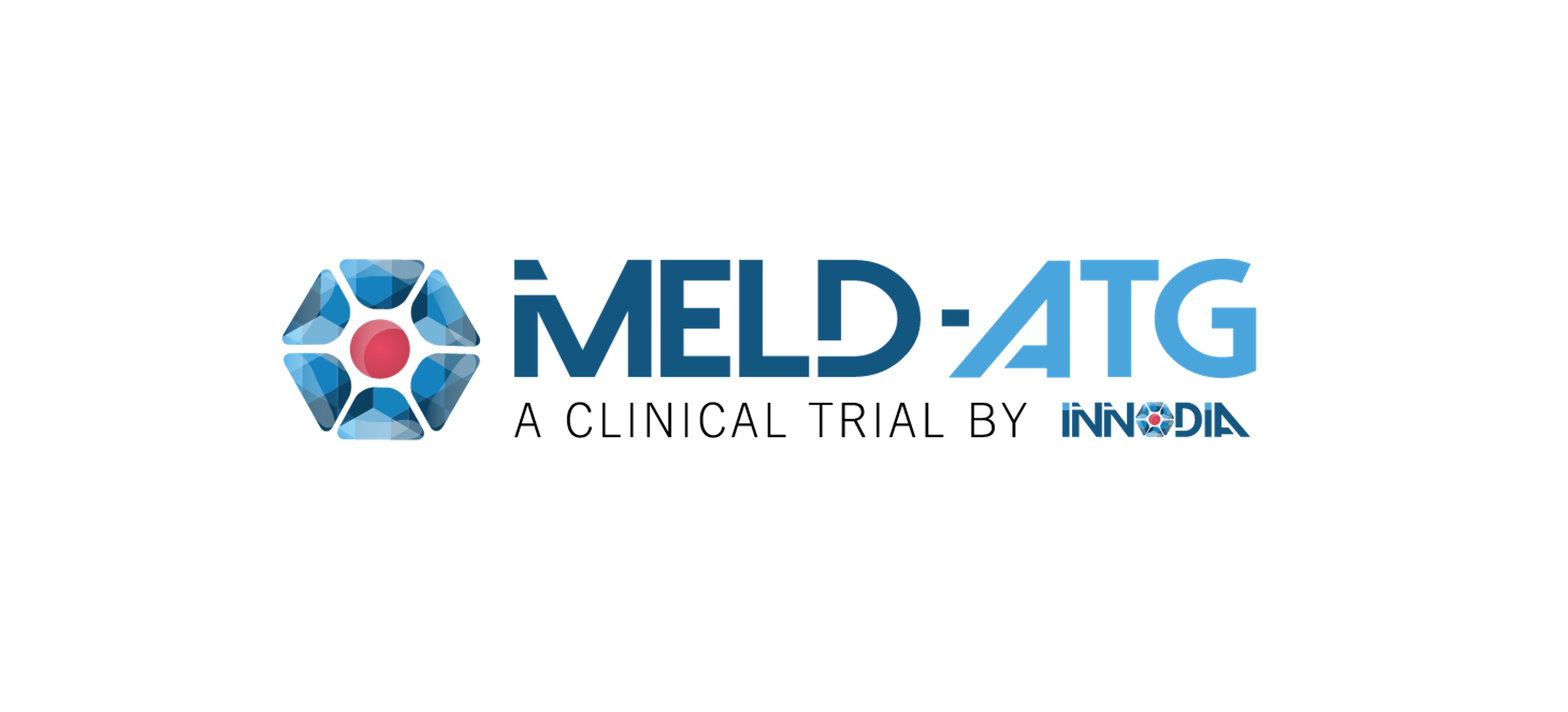
ATG is already available in hospitals for transplantation and costs under €200, making it far more accessible than many new therapies in development. The MELD-ATG study identified the minimum effective low dose, opening the door to practical use in type 1 diabetes care. Findings were presented at the EASD annual meeting and published in The Lancet.
For families, this matters: preserving beta cells can reduce daily disease burden, improve long-term outcomes, and change the course of type 1 diabetes at diagnosis.
The trial was conducted within INNODIA, a global partnership of academic centers and patient representatives, showing the strength of collaboration and patient involvement in driving progress toward disease-modifying therapies.


